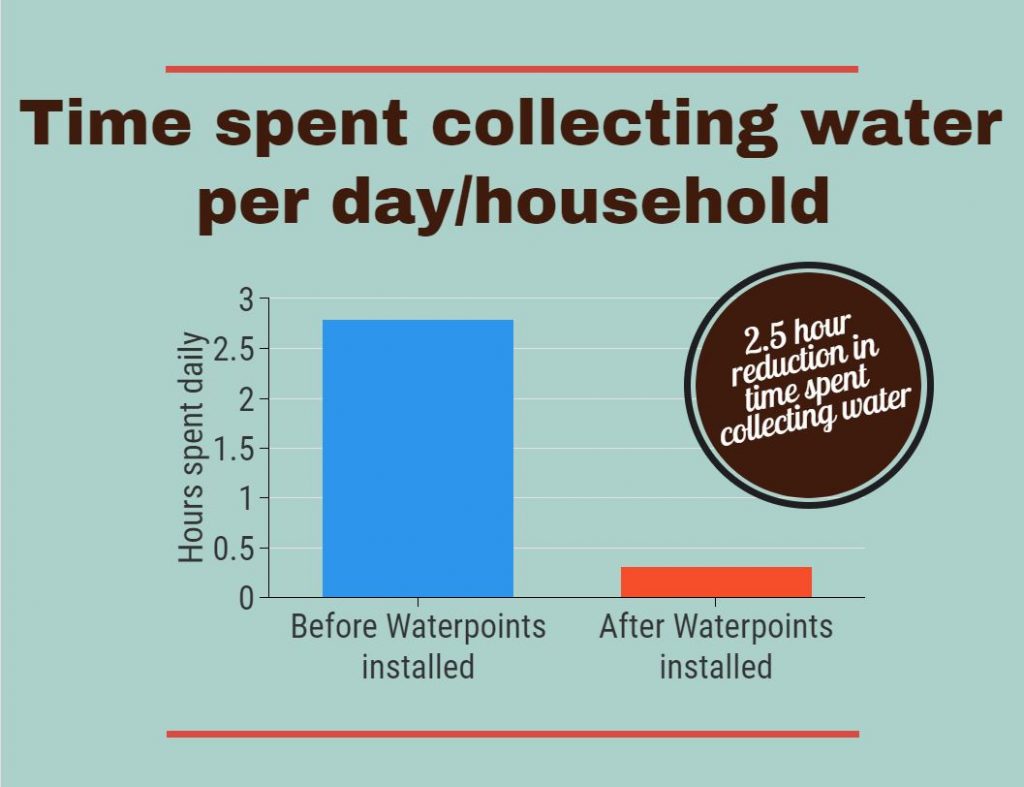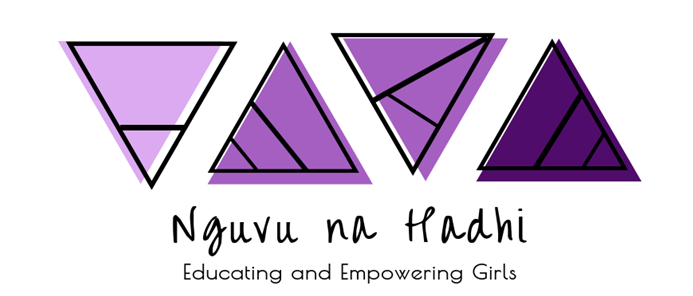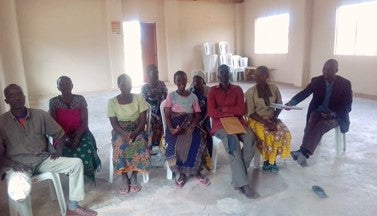Have you ever wondered how a village sustains a project once it is completed?
EI Tanzania staff had the opportunity to return to Lupembelwasenga village in Iringa Rural District just 50km from Iringa, Tanzania to see how they are doing 18 months after the completion of their new water supply.
Lupembelwasenga village has a population of almost 3,000 with a Primary School of over 650 students and a recently built Secondary School. Prior to the project commencement, water supply was unsafe, scarce, and far away, taking valuable time away from work and school. Villagers were also sick more often resulting in school absence and loss of work.
The village leaders in Lupembelwasenga saw the success of a water and sanitation project in a nearby village and wanted to implement a similar project in their village. In 2016 they requested assistance from the Diocese of Ruaha and Emmanuel International Tanzania to do just that.
The collective decision was made to use a gravity and solar pumping system to draw the water to the village from a freshwater spring 5km away. By the end of the project in mid 2018, 23 waterpoints, a solar pumping system and pumping main (to lift water to higher terrain) were installed. It is with great pleasure to announce that the system has been working trouble-free under the management of Lupembelwasenga’s village leadership.
It has been reported in a post-project survey, families are 70% healthier from the baseline when asked “Have you had a stomach upset in the last 3 months?” This result shows big improvements in hygiene practices for both school and at home. Many families were obtaining unsafe water from a variety of sources (river, digging in sand, shallow wells), and since the completion all families use a waterpoint. This improvement and the teaching of the importance on handwashing practices led to a significant decrease in sickness.
EI Tanzania staff had the opportunity to return to Lupembelwasenga village in Iringa Rural District just 50km from Iringa, Tanzania to see how they are doing 18 months after the completion of their new water supply.
Lupembelwasenga village has a population of almost 3,000 with a Primary School of over 650 students and a recently built Secondary School. Prior to the project commencement, water supply was unsafe, scarce, and far away, taking valuable time away from work and school. Villagers were also sick more often resulting in school absence and loss of work.
The village leaders in Lupembelwasenga saw the success of a water and sanitation project in a nearby village and wanted to implement a similar project in their village. In 2016 they requested assistance from the Diocese of Ruaha and Emmanuel International Tanzania to do just that.
The collective decision was made to use a gravity and solar pumping system to draw the water to the village from a freshwater spring 5km away. By the end of the project in mid 2018, 23 waterpoints, a solar pumping system and pumping main (to lift water to higher terrain) were installed. It is with great pleasure to announce that the system has been working trouble-free under the management of Lupembelwasenga’s village leadership.
It has been reported in a post-project survey, families are 70% healthier from the baseline when asked “Have you had a stomach upset in the last 3 months?” This result shows big improvements in hygiene practices for both school and at home. Many families were obtaining unsafe water from a variety of sources (river, digging in sand, shallow wells), and since the completion all families use a waterpoint. This improvement and the teaching of the importance on handwashing practices led to a significant decrease in sickness.




Leave a comment
This site is protected by hCaptcha and the hCaptcha Privacy Policy and Terms of Service apply.